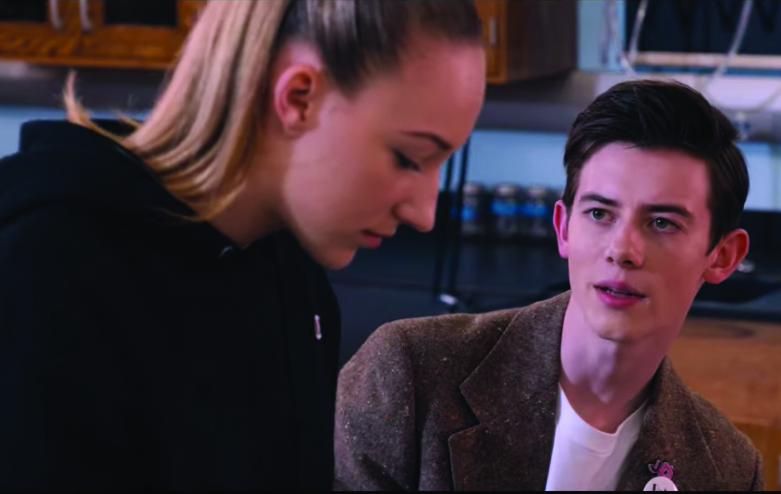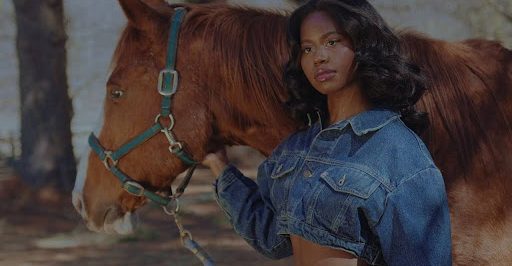Being about 6 feet tall in high school is not unheard of, but in Jodi’s small town in New Orleans where everyone else is shorter than five feet, it creates a problem. Jodi (played by Ava Michelle) is mocked in school for her height. At 16 years old and 6-foot-1, she does not feel comfortable or confident with her giant-like size. Every five minutes someone asks her, “How’s the weather up there?” and it is frustrating for her.
There is always one feature, one insecurity that people would like to change about themselves. Jodi even goes as far as searching for height reduction surgeries. She is surrounded by her two utmost supportive friends, Jack Dunkleman (Griffin Gluck) and Fareeda (Anjelika Washington). They constantly remind Jodi to stop slouching and embrace every bit of what makes her unique.
Dunkleman’s plan to be Jodi’s boyfriend fails when Stig, a Swedish exchange student (played by Luke Eisner), walks through the door with his long blonde hair, standing 72 inches tall.
However, this coming-of-age teen rom-com has its flaws –– a 6-foot-1 girl is not abnormal. Were only people under 5 feet casted in the movie? Jodi looks like she is 7 feet tall instead of 6 feet, but who is going to notice? The controversy surrounding this movie was fueled over the lack of representation. Height discrimination of a white girl is not a problem, according to angered viewers. But this movie is harmless; it represents everyone’s life one way or another. It is hard to fit in and accept our own insecurities, especially when our life is under the scrutiny of social media. It does not matter who played the role of Jodi or the reason she was bullied in school.
What truly matters is that, like Jodi, we all need to learn to stand tall and embrace who we are. We should understand that mocking other people is not the solution to accepting your own insecurities.
Jodi’s enemy and Stig’s first girlfriend, Kimmy (played by Clara Wilsey), is a spoiled rich girl who is insecure about herself. She bullies other kids in an attempt to raise her own self esteem.
It is heartwarming when Jodi stands up to Kimmy and the rest of her school at Homecoming.
The audience can relate to her fear of publicly addressing the elephant in the room, quite literally in this case. You should not have to change who you are for others. It is a cliché, but we often forget the truth behind it and Jodi stands up in front of everyone to remind us that it is an important realization.
The movie has a pure message behind the unreasonable height differences of the cast. It is a cute 102 minutes to pass time and learn something about ourselves, not to nitpick the casting decisions of the director, Nzingha Stewart. Stewart, a black female director, is not new to the industry, but “Tall Girl” is her first feature film.
Representation behind the camera is just as important as representation in front, so this movie is still a win.










